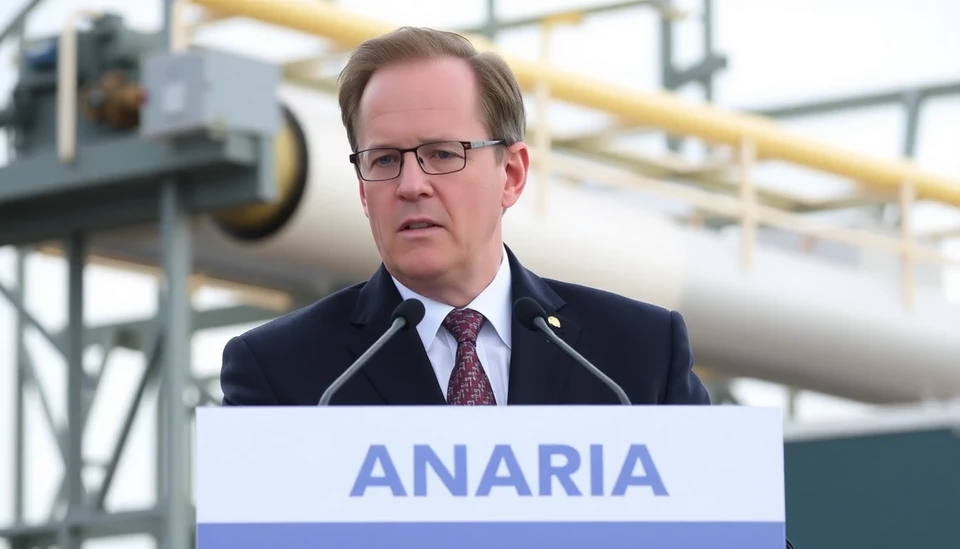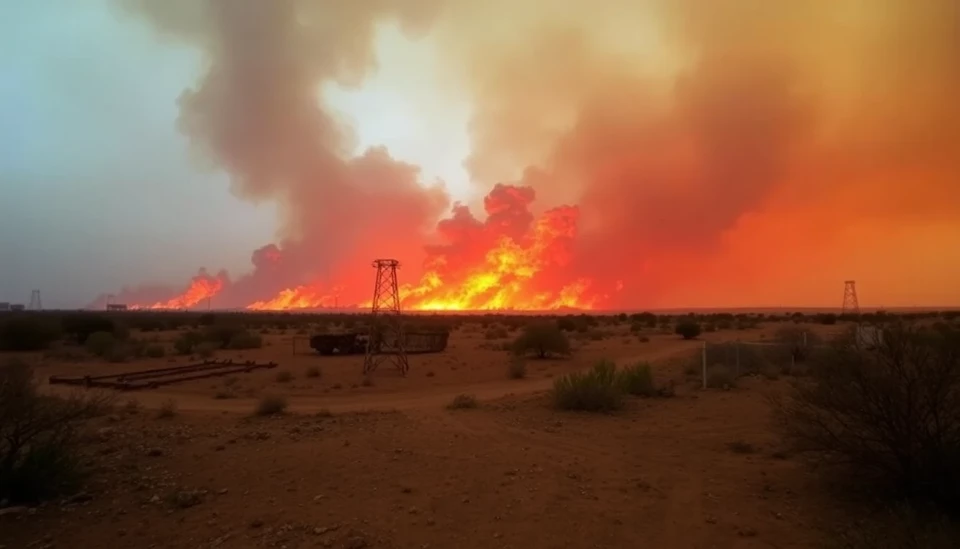
In a significant shift within the energy landscape, major oil companies are ramping up their production capabilities just as OPEC weighs the potential for increasing oil supply. This juxtaposition is stirring debates across the industry and raising questions about global oil prices as escalating demand collides with altering production strategies.
Major players in the oil sector, including industry giants like Exxon Mobil and Chevron, have revealed ambitious plans to expand their output in the coming months. This vigorous push comes as these companies anticipate a rebound in oil demand, fueled by easing pandemic restrictions and a revitalizing global economy. Indeed, analysts have pointed to various indicators suggesting that consumers are driving a surge in fuel usage, prompting companies to capitalize on these conditions.
During recent earnings calls, executives from leading oil enterprises underscored their strategies to enhance production. Exxon Mobil, for example, noted that its production levels are expected to increase, particularly in key regions like the Permian Basin, where drilling activities are experiencing a notable revival. Chevron echoed these sentiments, projecting that their output would similarly rise, aligning with their long-term growth targets.
This growth trajectory from Big Oil stands in stark contrast to discussions emanating from OPEC, which is considering potential adjustments to its output framework. Whether OPEC will decide to increase oil supply remains a pivotal question, as the collective organization aims to strike a balance between meeting rising global demand while avoiding an oversupply scenario that could destabilize oil prices. Industry observers are particularly keen to see how OPEC's strategies will play out given the evolving dynamics of the oil market.
Experts suggest that the outcome of OPEC's deliberations will have far-reaching consequences, not just for oil prices but also for the overall energy sector. Should OPEC opt to boost production, it may counterbalance the growth efforts made by major oil companies, clouding the outlook for future pricing. Conversely, a decision to hold production steady could lead to tighter supply conditions than anticipated, thereby propping up prices further.
The potential implications of these developments extend beyond immediate market reactions; they resonate with the ongoing conversation about energy transitions and sustainability. As major oil players wield increased production, questions are being raised about their commitments to reducing carbon footprints and investing in renewable energy sources. The industry grapples with the dual targets of meeting immediate energy demands while transitioning toward more sustainable practices.
All eyes are on OPEC's forthcoming meetings, as the implications of their decisions will set the tone for the oil market in the near future. As the landscape continues to evolve, the responses from both OPEC and Big Oil will be crucial in shaping the trajectory of energy markets worldwide.
As we move forward, the dialogue surrounding oil production, pricing, and sustainability remains critical. Stakeholders at every level must navigate these complexities as they align immediate production strategies with long-term environmental goals.
#OilProduction #OPEC #BigOil #EnergyMarket #Sustainability #GlobalEconomy
Author: Peter Collins




